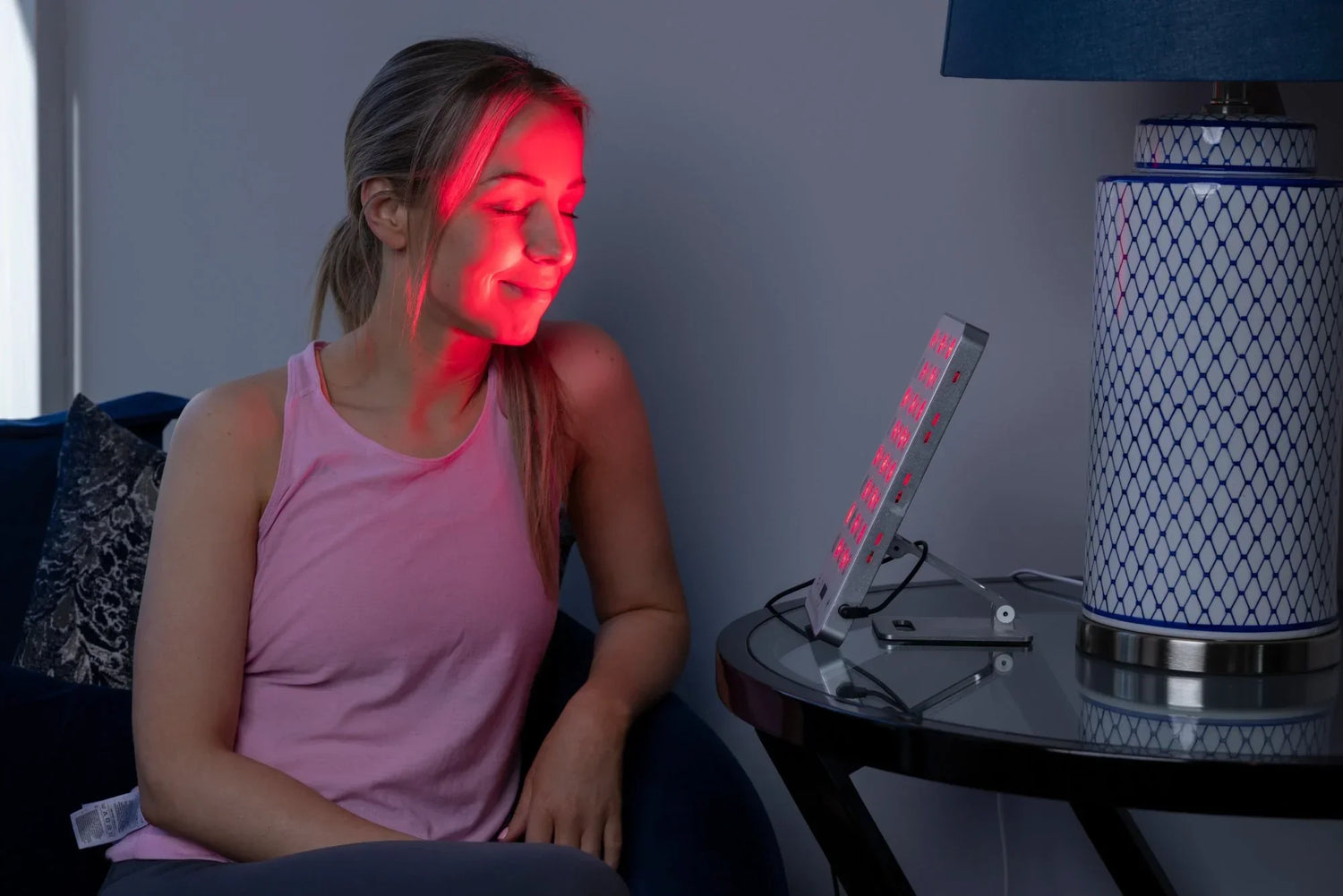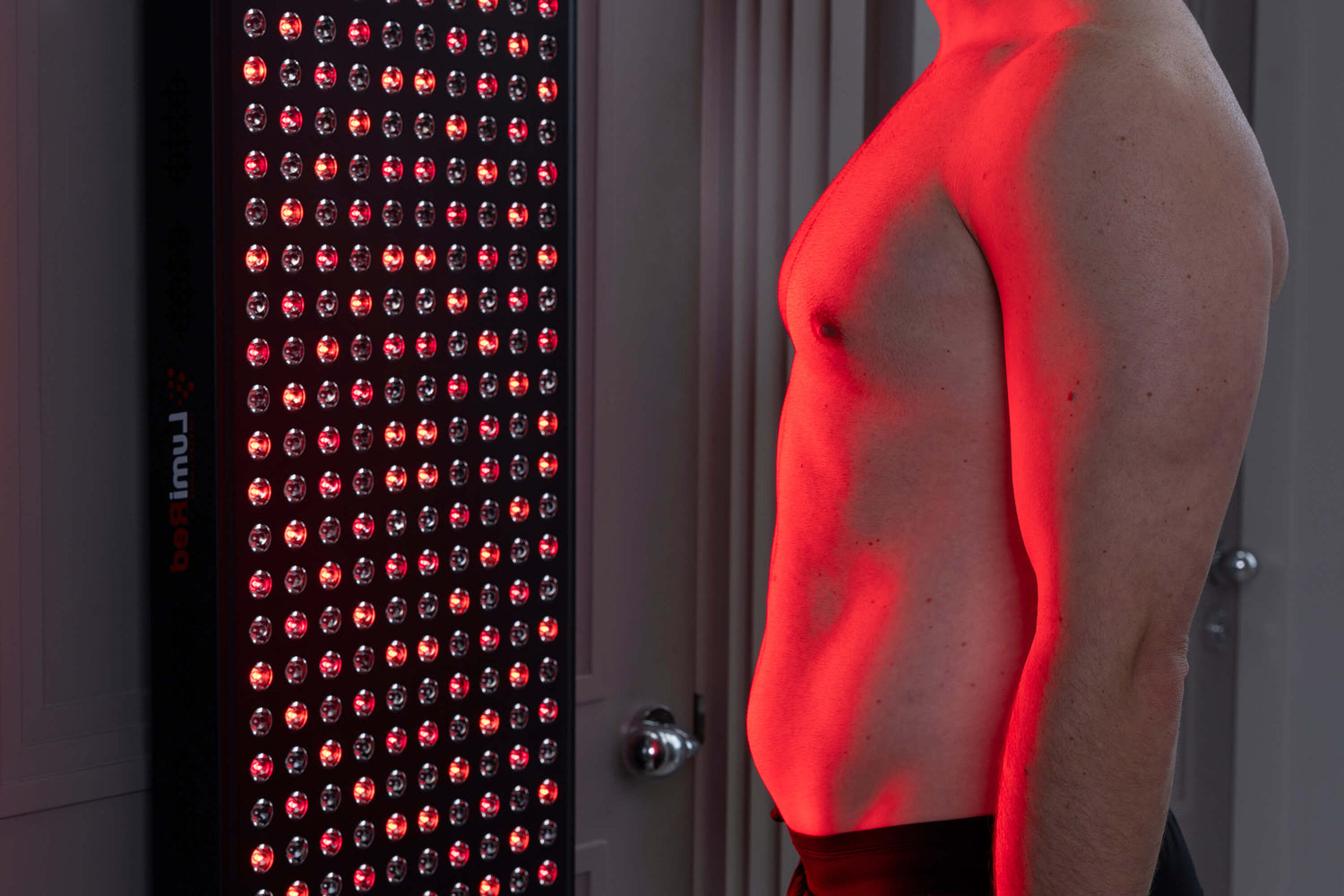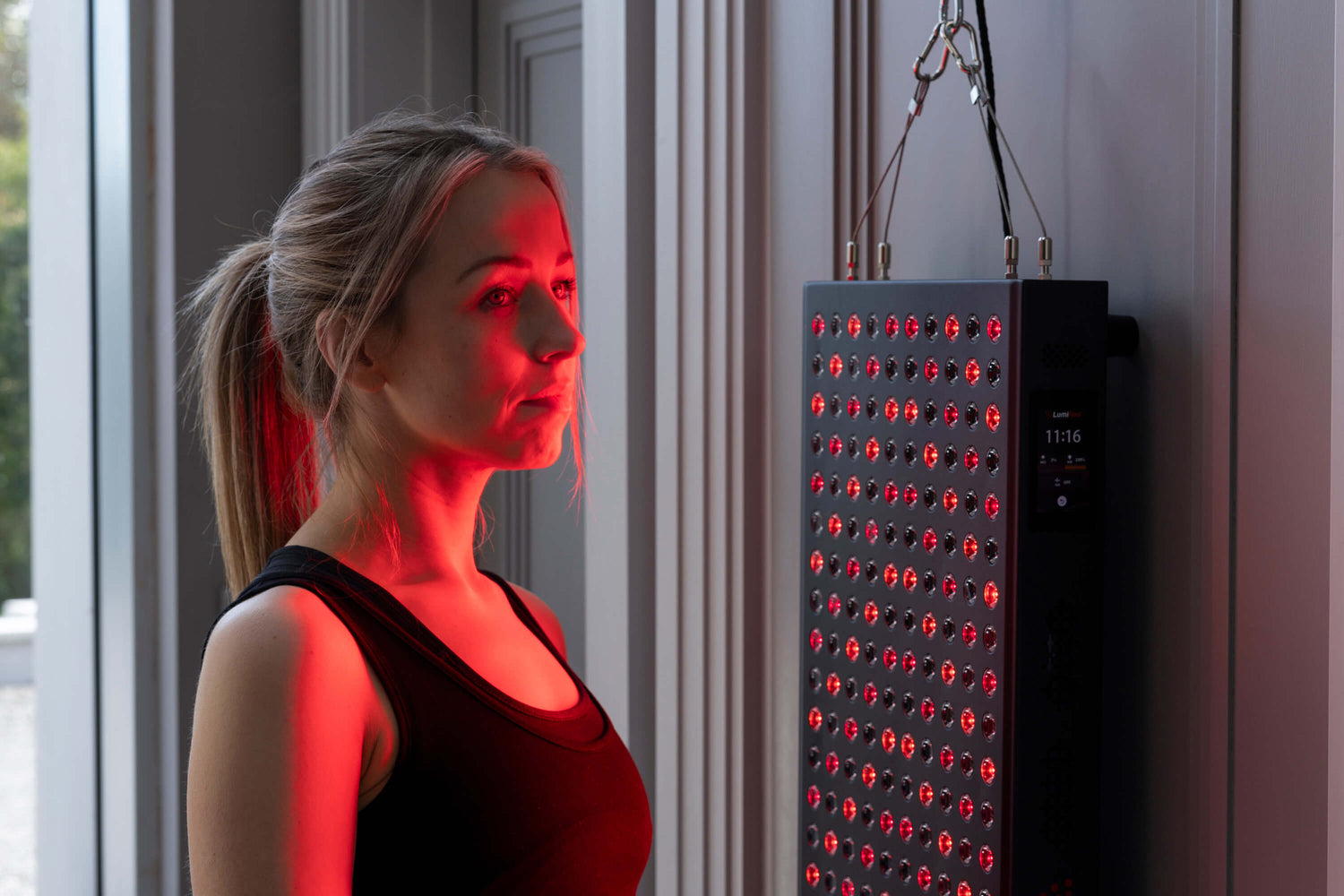Red light therapy (RLT) has been explored as a complementary treatment for managing some of the side effects associated with autoimmune conditions. Autoimmune diseases, which occur when the immune system mistakenly attacks the body's own tissues, can lead to a variety of symptoms including inflammation, pain, fatigue, and skin issues. RLT, with its therapeutic properties, may offer relief in several ways:
1. Reducing Inflammation: A key feature of many autoimmune diseases is chronic inflammation. RLT is believed to help reduce inflammation by increasing blood circulation and reducing the production of cytokines, which are inflammatory markers. This can help alleviate pain and swelling associated with inflammatory autoimmune conditions.
2. Pain Relief: Chronic pain is a common issue in autoimmune diseases. RLT's potential to reduce inflammation and improve circulation can also contribute to pain relief, making daily activities more manageable for individuals suffering from autoimmune conditions.
3. Skin Health: Autoimmune conditions like psoriasis and lupus can affect the skin. RLT may promote healing and reduce symptoms in some skin-related autoimmune disorders by enhancing skin regeneration and reducing inflammation.
4. Improving Energy Levels and Mood: Fatigue and mood disorders are often associated with autoimmune diseases. While RLT's direct impact on these symptoms is less clear, improved cellular function and reduced pain and inflammation might contribute to better overall energy levels and mood.
5. Enhancing Tissue Repair: RLT is thought to stimulate collagen production and increase ATP production in cells, which can aid in tissue repair and healing, beneficial for skin and other tissues affected by autoimmune reactions.
6. Non-Invasive and Low Risk: RLT is a non-pharmaceutical, non-invasive therapy, making it an attractive option for those who may already be managing complex treatment regimens or looking to avoid additional medication side effects.
It's important to remember that while RLT can offer symptomatic relief, it is not a cure for autoimmune diseases and should be used as part of a broader treatment plan overseen by healthcare professionals. The effectiveness of RLT can vary based on the specific autoimmune condition and individual response to the therapy.
Welcome to our store
Welcome to our store
Welcome to our store




